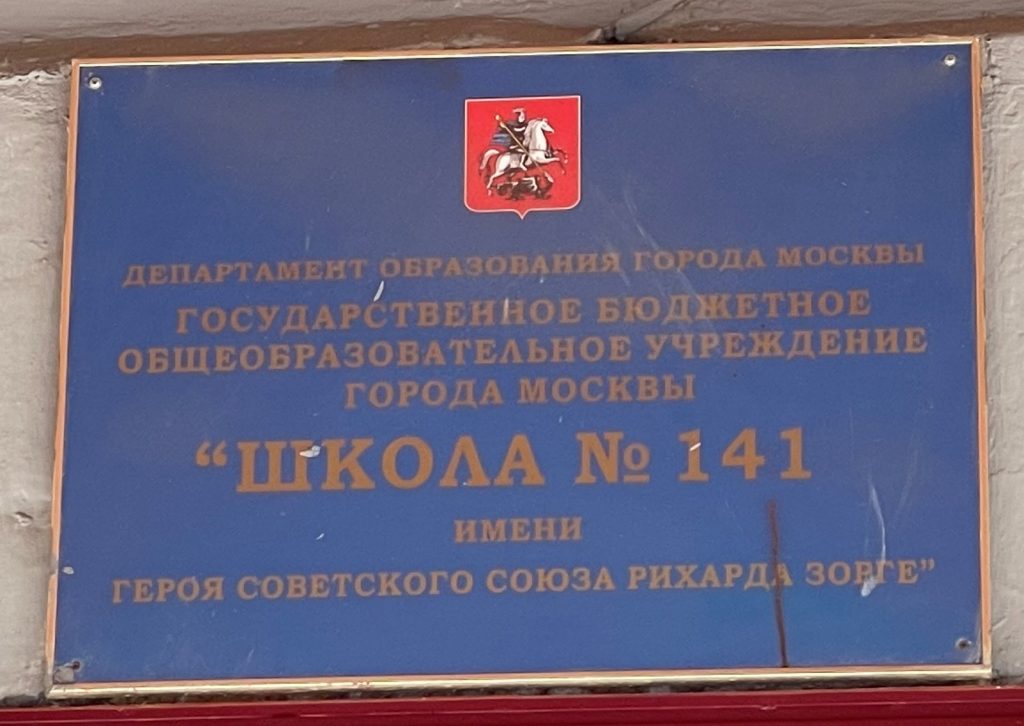Richard
Sorge
1895-1944

Richard Sorge was a journalist; Soviet intelligence officer and the head of the anti-fascist internationalist organization operating in Japan during World War II. He was born on October 4, 1895 in the village of Sabunchi, the Baku province (now Azerbaijan) in the family of a German oil technician. He was German. Richard finished an advanced secondary school in Berlin, early became interested in history, philosophy, politics. In 1914, he volunteered for the front, he was wounded. After returning to Germany, he entered the University of Berlin, but before finishing his studies, he left for the Eastern Front. In 1916, he became close to the left socialists and became a convinced communist. On the Eastern Front, Richard received three wounds, the last of which in 1918 made him lame for life – one leg became shorter by 2.5 cm. In the same year, non-commissioned officer Sorge was demobilized, having received the Iron Cross of the 2nd degree for his participation in the war. He graduated from the university with a doctorate in political science, taught, was an editor of a communist newspaper, worked at a private institute. He was subjected to repression for his political activities. In 1924, Richard Sorge moved to the Soviet Union, took Soviet citizenship, worked in Soviet institutions, and wrote a number of works on international relations. In 1929, Sorge was recruited by the head of Soviet military intelligence Ya.K. Berzin and carried out assignments in Germany, China. In the first half of the 1930s, under the pseudonym Ramzai, Sorge worked in Shanghai (China). Over the years of working in China under the guise of a German journalist and a “true Aryan”, he proved himself well in Nazi circles and in 1933 “joined” the Nazi Party. In the same year, he arrived in Japan as an employee of a German newspaper. An extraordinary personality in many respects, a subtle analyst, a talented journalist, Sorge became a valuable source of information. The organization of anti-fascist internationalists created by him in Japan collected important information about the aggressive plans of German fascists and Japanese militarists before the Great Patriotic War and in its initial period. The meaning of the Sorge group’s work was to prevent the possibility of war between Japan and the USSR, which they brilliantly executed. In the autumn of 1941, Sorge announced that Japan would not enter the war against the USSR, but would fight in the Pacific Ocean against the United States. This allowed the USSR to transfer troops to the west. So, the Siberian divisions became the striking force that helped to win the battle for Moscow. On October 18, 1941, Richard Sorge was arrested by the Japanese authorities. In 1943, he was sentenced to death. Attempts to exchange Sorge for a Japanese resident of the USSR were not made. On November 7, 1944, Sorge was executed in Sugamo Prison. He was buried in Tokyo. By the decree of the Presidium of the Supreme Soviet of the USSR dated November 5, 1964, Richard Sorge was awarded the title of the Hero of the Soviet Union (posthumously) for outstanding services to the Motherland and courage and heroism shown at the same time. A street in Moscow, where a sculptural composition is installed, is named after the Hero of the Soviet Union.
Address: Moscow, Sorge str., 4

